Why It’s Important to Teach Teens About Healthy Relationships
Teenagers are exposed to so many false messages in the media, they are often hungry for the kind of fact-based, non-judgmental conversation that helps them figure out how to navigate their way through. Beyond their basic education needs, it’s important for teens to learn about healthy relationships for a number of reasons, since knowing how to create strong connections helps build self-esteem and autonomy in humans. But knowing how to create healthy relationships also helps young people prevent sexual assault.
It’s extremely difficult for teens to understand what’s healthy versus unhealthy when no one has shown them. With sexual bullying and sexual pestering on the rise, we have no time to waste in coming to terms with an issue that has massive impact on young people’s lives.
What should teens be taught about healthy relationships?
Teenagers are still discovering what it means to “trust your gut” when it comes to navigating relationships. In our safety education classes, most young people say that listening to their “gut instinct” or intuition is the tool they are least skilled at. If a partner is controlling and/or manipulative, there are certain red-flag signals that we can help teens identify and respond to in order to determine the right steps to take. In turn, we can help them understand the dangers involved in using manipulation as a control tactic in relationships.
When a relationship is healthy, there are certain feeling states that exist that not only support the partnership, but each individual as well. Most teens report that trust, closeness and connection are what they desire in a romantic relationship. These relationship attributes are what most people aspire to, regardless of age. But when a relationship is unhealthy, these feeling states diminish and are replaced by mistrust, control, manipulation, and fear.
We can support teens in creating the emotional states that support healthy relationships by asking them to “tune in” to how they are feeling, and notice what their intuition is telling them. When any of us develops the habit of tuning in we not only cultivate emotional intelligence but increase the likelihood for healthy relationships in our lives.
What do healthy relationships have to do with prevention?
80% of assaults occur with a known offender, which is why the ACLU estimates that out of a thousand assault cases only five offenders will do jail time. When there is a relationship at stake, most teens would rather avoid the challenge of reporting and instead try to work through the trauma on their own.
Peer relationships are everything to young people, and a necessary part of the individuation process. Since teenagers are less likely to file a report against someone they know, there is a lot more we can do to help them identify the signs of an unhealthy relationship early on, and develop the skills to respond effectively.
If you are unsure how to create conversations with teens about building healthy connections and avoiding unhealthy ones, here are some tips to help you get started.
Ways to teach teens about healthy relationships:
1) Build emotional intelligence. Ask your teen to “tune in” to their gut instinct and name the feeling they get when someone is making them uncomfortable. It’s equally important to help them identify what it feels like to manipulate or control another person.
2) Develop a response plan. Encourage your teen to write down a sentence or two that they can communicate when a partner’s behavior is giving them red flag signals. Conversely, help them come up with an alternative way of getting their needs met (like having a straightforward conversation) when they are tempted to manipulate their partner.
3) Encourage ongoing conversation. Teens need other teens to mutually support each other in creating healthy, sustainable relationships. Invite young people to continue having the kind of conversations with their friends that cultivate the ability to “trust their gut”.
Within our communities, and especially at school, it’s up to all of us to teach teens about healthy relationships, sexual ethics and personal safety. If you’re interested in the safety and wellbeing of the young people in your life, check out our evidence-based program for caring educators, counselors and youth workers by clicking here.

